Apple recovered around 61 million pounds of e-scrap in 2015, according to the company. Continue Reading

Apple recovered around 61 million pounds of e-scrap in 2015, according to the company. Continue Reading
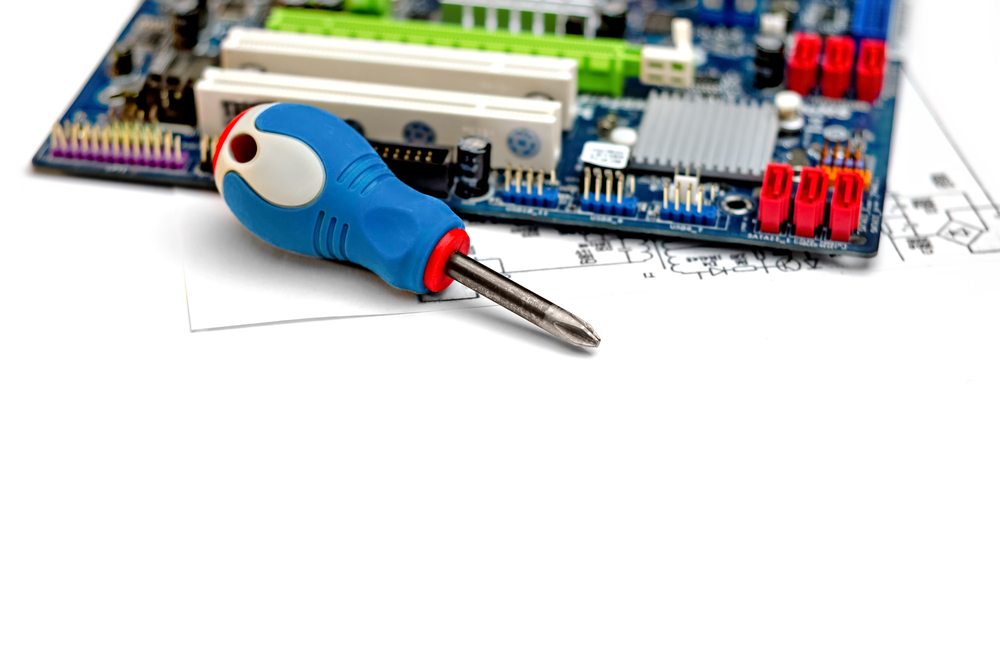 It’s been a little over a year since repair group iFixit and processor ERI teamed up to recover components from used electronics. And thus far, the effort has been successful in getting much-needed items out to the repair community.
It’s been a little over a year since repair group iFixit and processor ERI teamed up to recover components from used electronics. And thus far, the effort has been successful in getting much-needed items out to the repair community.
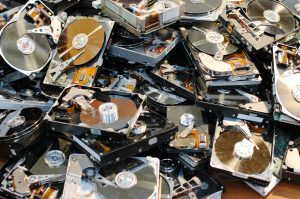 A professor has been honored by the U.S. EPA for developing a fast and low-cost method of recycling rare earth elements, including those inside electronics.
A professor has been honored by the U.S. EPA for developing a fast and low-cost method of recycling rare earth elements, including those inside electronics.
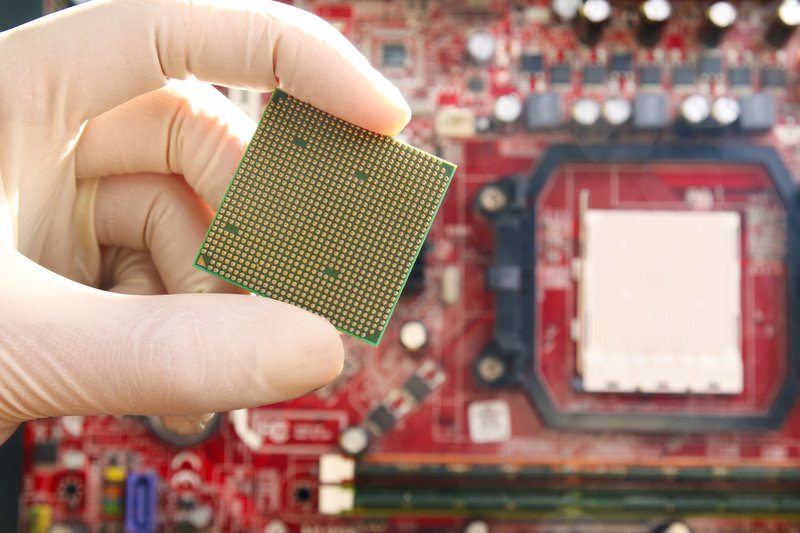 A Nevada mining and refining company announced it will start accepting e-scrap – specifically, ground up circuit boards from computers.
A Nevada mining and refining company announced it will start accepting e-scrap – specifically, ground up circuit boards from computers.
An Oregon-based e-scrap processor says government regulation practices and tough commodity markets have led the company to relocate shredding operations to Texas.
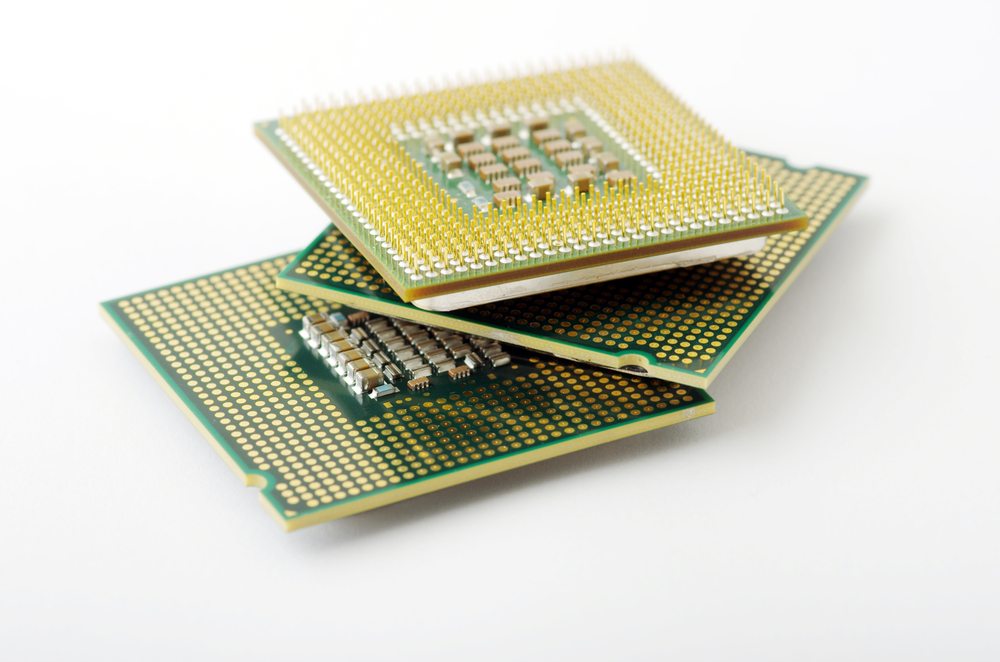 Researchers at the University of Edinburgh in Scotland have developed a process for recovering gold from e-scrap that could cut down usage of toxic chemicals.
Researchers at the University of Edinburgh in Scotland have developed a process for recovering gold from e-scrap that could cut down usage of toxic chemicals.
 The Occupational Safety and Health Administration isn’t the reason a recycling firm should be concerned about safety. Continue Reading
The Occupational Safety and Health Administration isn’t the reason a recycling firm should be concerned about safety. Continue Reading
 BlueOak announced that in the next few weeks it will begin operating a smelter aimed exclusively at e-scrap.
BlueOak announced that in the next few weeks it will begin operating a smelter aimed exclusively at e-scrap.
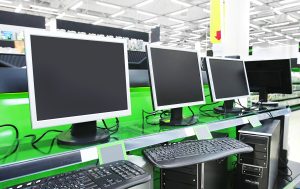 A recently released study quantifies the massive shift in device composition over the past 25 years. Researchers tackled the task with an eye toward predicting where materials usage is headed in the future.
A recently released study quantifies the massive shift in device composition over the past 25 years. Researchers tackled the task with an eye toward predicting where materials usage is headed in the future.
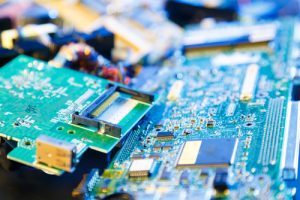 A Washington state metals recycling company has grown its e-scrap capabilities by acquiring a facility previously owned by IMS Electronics Recycling.
A Washington state metals recycling company has grown its e-scrap capabilities by acquiring a facility previously owned by IMS Electronics Recycling.
